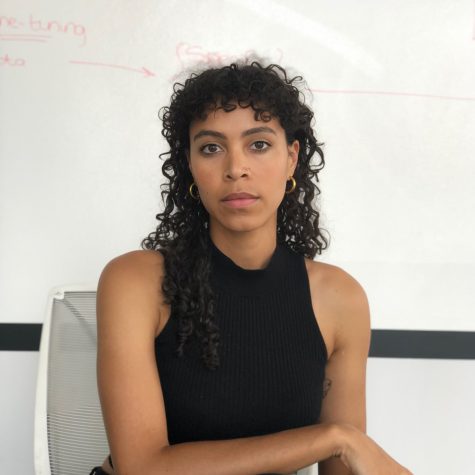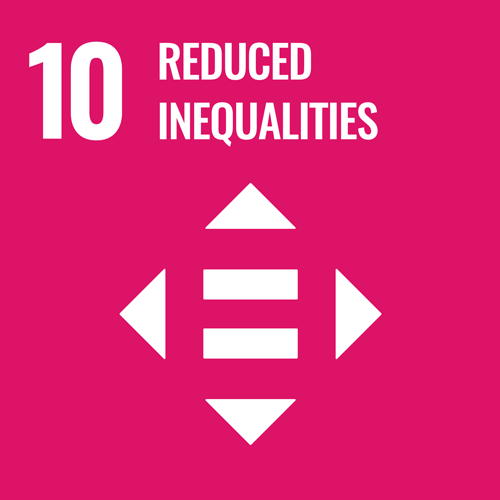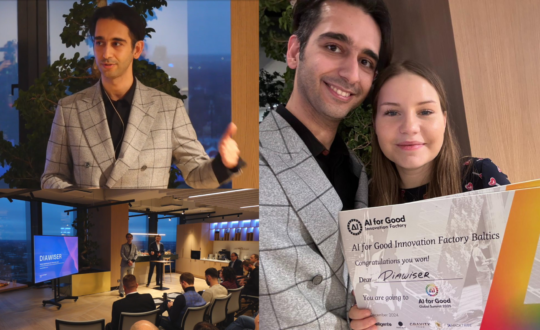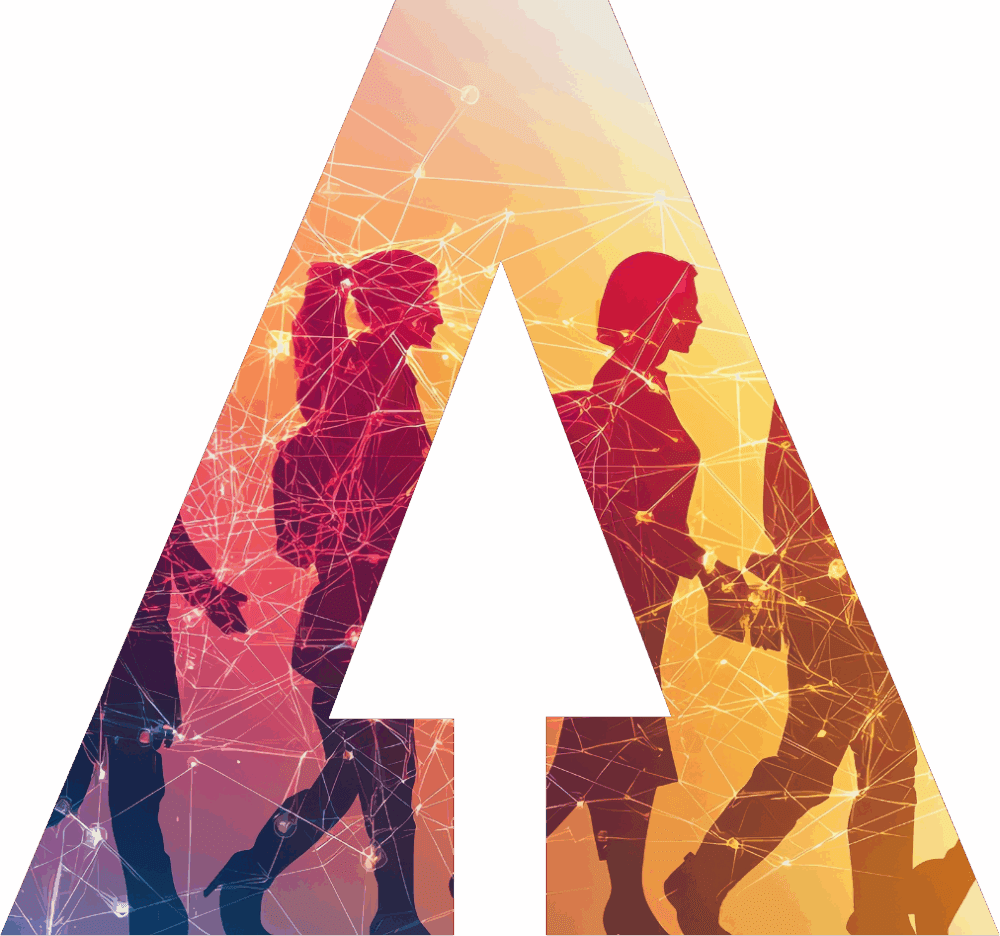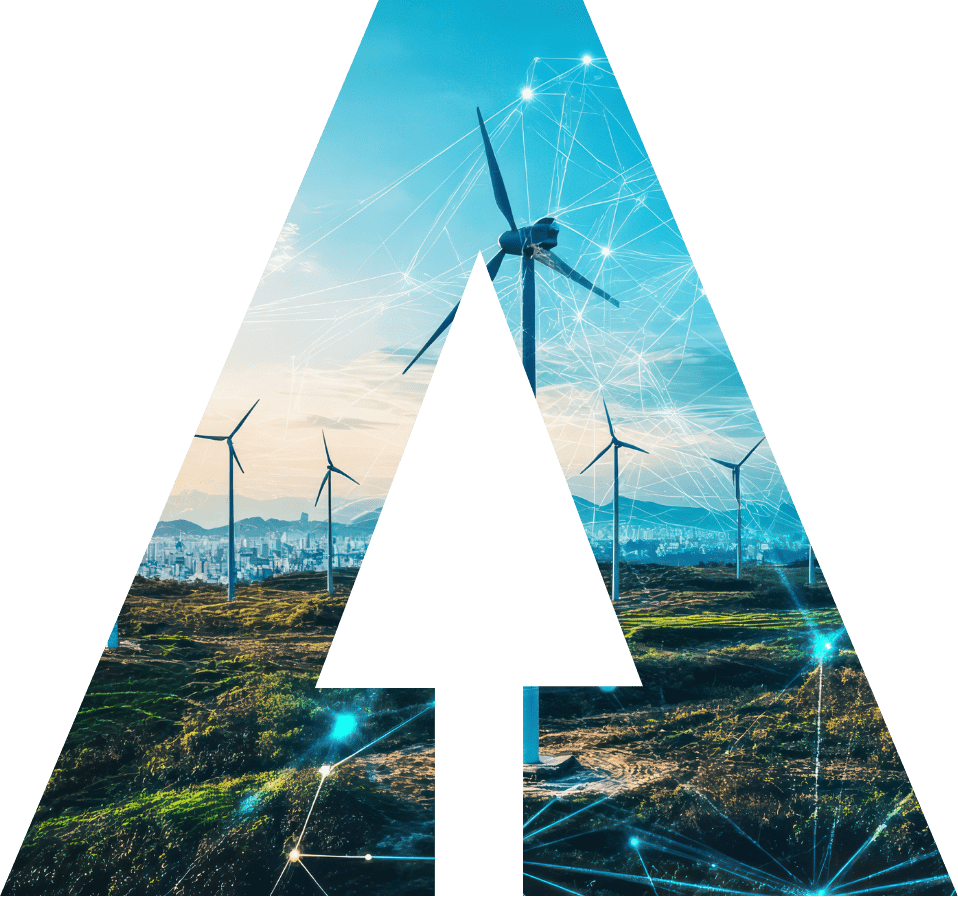By Rukevwe Omoro, edited by Celia Pizzuto
During the 2024 AI for Good Global Summit, Pelonomi Moiloa, CEO of Lelapa AI, delivered a compelling session titled “Organizing African Talent to Move Humanity Forward: Language Technology for Africa.” Her speech highlighted the critical importance of addressing language barriers in technology to foster development across the African continent and the broader global south.
Moiloa began by engaging the audience in a thought-provoking exercise, asking them to raise their hands if they had ever had to change their voice or accent to be understood by AI technology. As hands gradually lowered, she revealed a stark reality: while for many, the inability to communicate effectively with technology is a minor inconvenience, for countless others around the world, this issue can significantly hinder access to opportunities and participation in the digital economy.
“We have a severe problem in terms of equity and equality access to technology,” Moiloa stressed.
The African Language Problem
Moiloa framed the “African language problem” as a significant barrier to technological equity. She explained that the dominant language of technology is English, which excludes many Africans who do not speak it or other widely used languages in technology, such as Portuguese and French, thereby preventing them from accessing essential digital services.
She emphasized that this language barrier is not just a technological issue but a developmental challenge.
“AI technology can really help us leapfrog developmental challenges, but it’s just not possible until we solve this language problem,” she asserted.
Building Technology for African Languages
Moiloa introduced the African AI Network, which includes top labs on the continent, thriving tech communities and grassroots research movements. This network is dedicated to pioneering collaborative research and developing African language solutions. Within this network, Lelapa AI, the organization she co-founded, focuses on building technology that allows Africans to communicate digitally in their native languages. She highlighted their innovative approach of using smaller, more resource-efficient models instead of large language models (LLMs). “In our case, the L in LLM stands for little rather than large,” she noted, explaining that their models require significantly less data and compute power while still achieving high performance. Lelapa AI’s efforts have already shown promising results, creating 19 models and three products that enable communication in eight African languages, collectively serving 520 million people. These models are designed to be more accessible and cost-effective, addressing the unique challenges of low-resource environments.
A Call to Action for Collaboration and Support
Moiloa concluded her session with a call to action, urging collaboration and support for building technology that includes African languages. She emphasized the importance of building with local communities rather than for them, noting that it is difficult to create effective solutions without their input and understanding of the specific needs. She also highlighted the necessity of democratizing access, arguing that open-source models alone are insufficient without accompanying support for data generation and computational resources. Additionally, Moiloa stressed the need to support content creation, ensuring that the information available on the internet is accessible in languages that end consumers can understand. Finally, she advocated for a focus on smaller, targeted models, which can solve specific problems efficiently without the excessive resource demands of larger models.
In closing, Moiloa left the audience with a powerful reminder of the African philosophy of Ubuntu: “If you want to go fast, go alone. But if you want to go far, go together.”
Pelonomi Moiloa’s vision for language technology in Africa is not just about overcoming barriers but about creating opportunities for millions to participate in the digital economy. Her message is clear: the future of AI and technology must be inclusive, and it starts with solving the language problem.
How can we, as a global community, ensure that technology serves everyone, regardless of the language they speak?


 Register here
Register here
